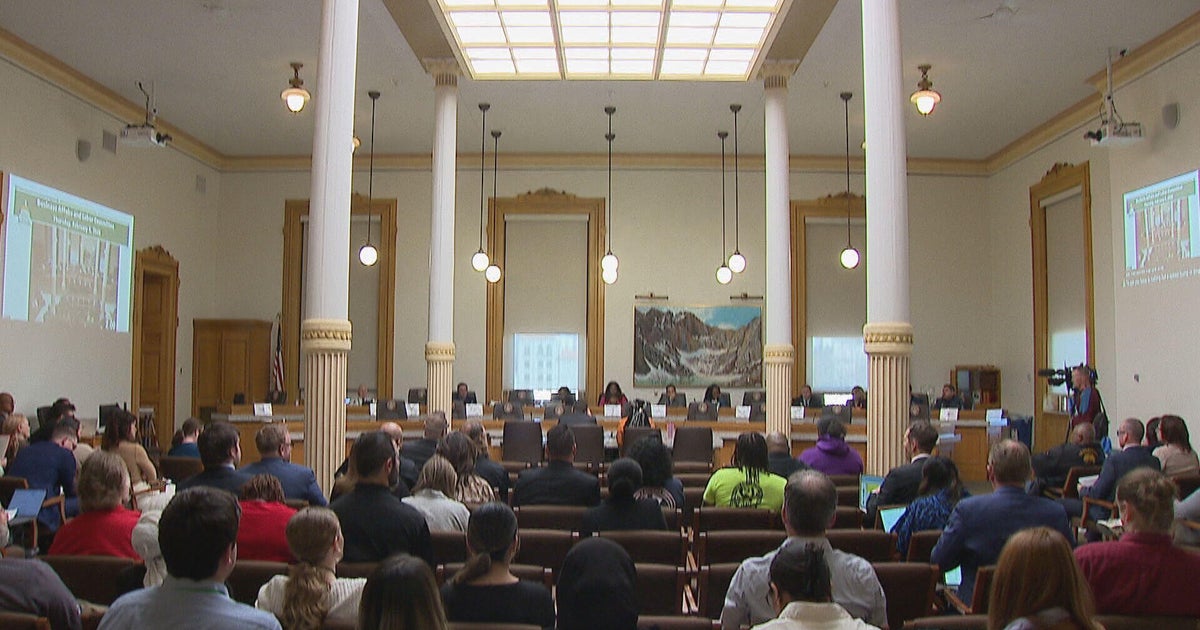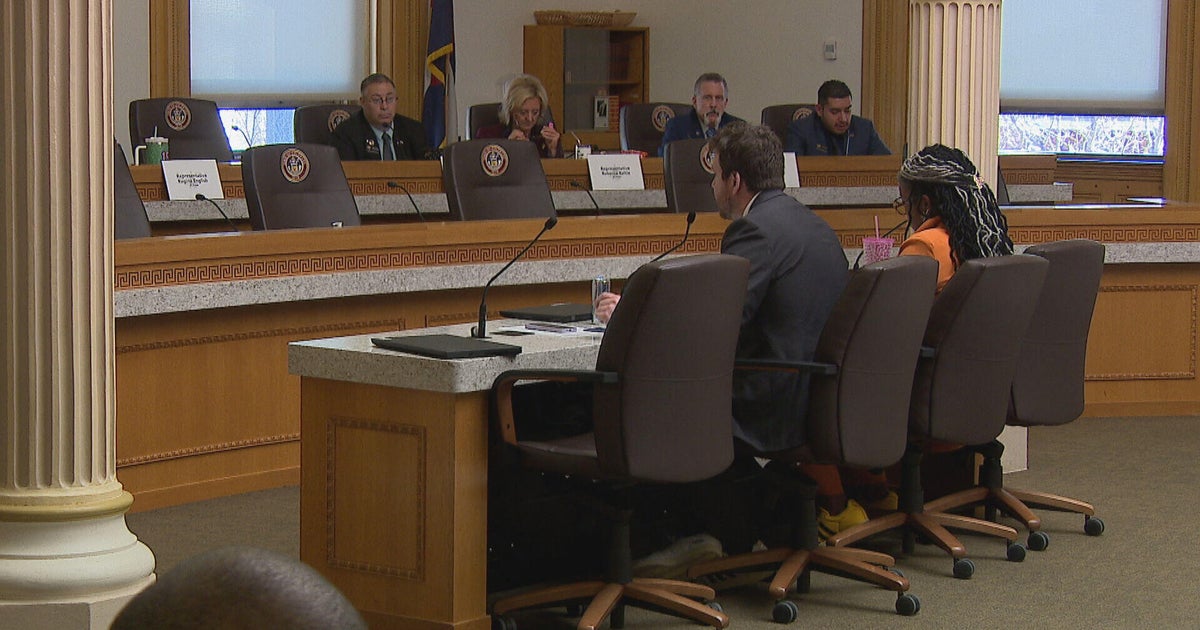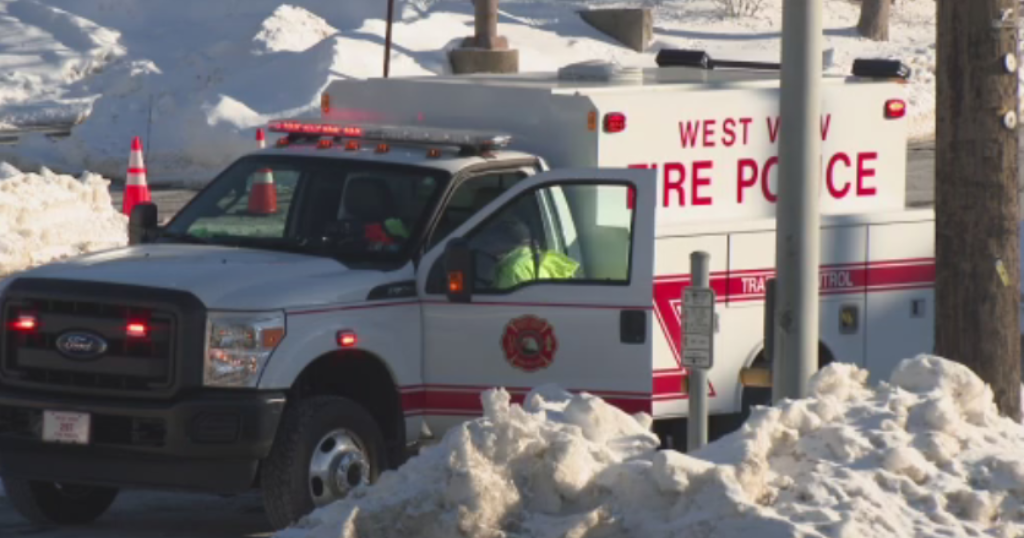O'Malley Keeps Working For Septics Bill
ANNAPOLIS, Md. (AP) -- Gov. Martin O'Malley on Friday continued his push to restrict septic systems at new major subdivisions, despite opposition from members in both parties who are concerned the measure could hurt development during tough economic times.
O'Malley, who caught lawmakers by surprise when he announced support for the policy in his State of the State speech, testified in favor of the legislation two days after he waded into a polluted lake on the Eastern Shore to call attention to environmental problems caused by leaky septic systems.
"By turning a blind eye to the proliferation of major septic housing developments as a state, we would in essence be feeding doughnuts to a patient with a heart condition," O'Malley told a Senate committee.
But Sen. Roy Dyson, D-St. Mary's, expressed concerns that Republicans and Democrats in rural areas have about the
legislation. While he supports measures to fight pollution in the Chesapeake Bay, Dyson questioned whether the bill would put up a roadblock to economic development that has suffered during the recession.
"There hasn't been any construction, at least I'm told, anywhere -- very little -- throughout southern Maryland," Dyson
said. "It just seems to be this drive right now makes those companies very, very nervous."
Dyson, who noted there is only about a month left in the legislative session with a large variety of work remaining, said he supported studying the idea over the summer and including input from a variety of people who would be affected.
Delegate Maggie McIntosh, a Baltimore County Democrat who chairs the House Environmental Matters Committee, recommended in a letter to the governor that a task force study the idea and report back by Dec. 1.
O'Malley, a Democrat, said the decision would be up to lawmakers, and he noted that sometimes it takes more than a year to pass legislation through the General Assembly.
Still, the governor said there are advantages to moving ahead this session.
"There is an argument to be made that now is actually the ideal time to put in clear rules for moving forward because of the recession and because of the relative lack of construction activity going on now compared to what there was six years ago during a boom cycle," O'Malley said.
(Copyright 2011 by The Associated Press. All Rights Reserved.)







